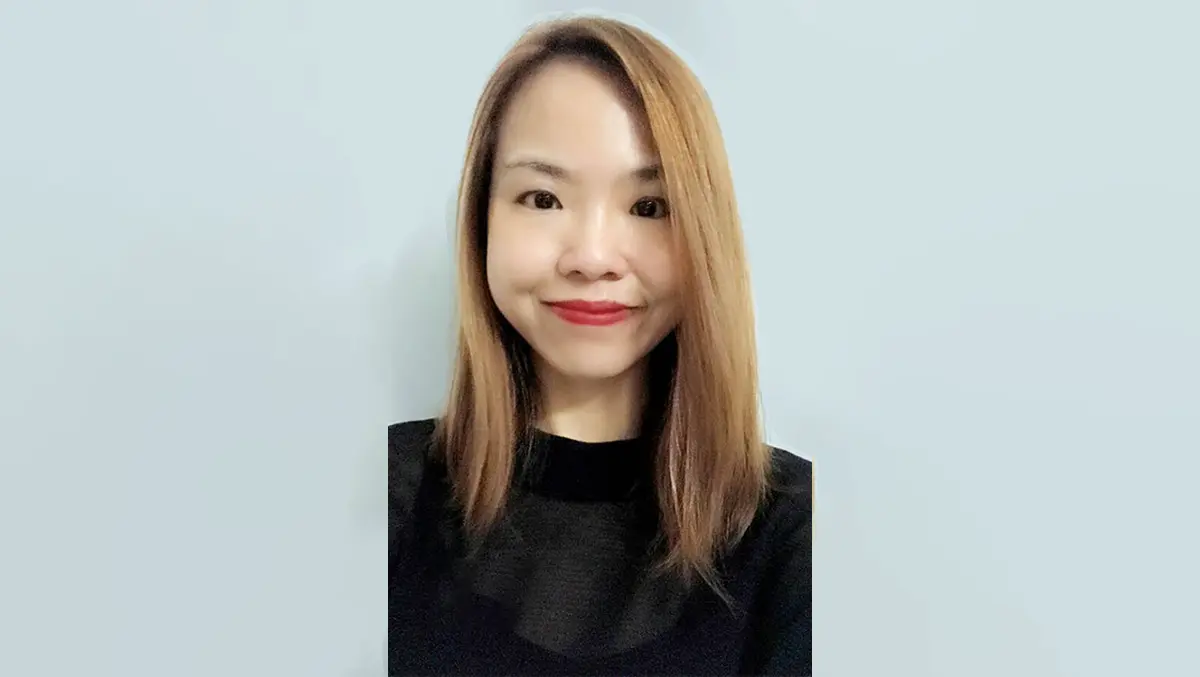
This International Women’s Day, the UN is highlighting the need to invest in women to build inclusive societies to shape a better future for all. One of the more important dimensions of this call to action is the need to shift to a green economy and care society.
The effects of the climate crisis are felt differently by women, with the current economic system and environmental challenges exacerbating inequalities, particularly affecting women and marginalised communities to a greater extent.
The current focus on maintaining the status quo when it comes to the environment and communities is no longer enough. However, fundamentally changing how we do things will bring us one step closer to safeguarding the well-being of present and future generations.
Human8’s recent What Matters 2024 Report reveals that 8 in 10 (80%) of people in Asia Pacific believe we need to move beyond ‘sustaining’ and into ‘reversing’ the damage done. People are worried about the state of our planet for future generations, and the majority agree that drastic changes are needed to our lifestyle.
Here are three considerations for organisations that are serious about taking action to help people reach their full potential as an inclusive and egalitarian society:
Consumers look to brands for inspiration and vision to move them towards positive change
While many individuals are conscious of the need for a better world, they often feel powerless about what to do or where to start. There is a need for inspirational figures and leaders who can lead the way with a bold and fresh perspective. Human8’s research tells us that 80% of Asians believe making the world a better place isn’t something they can do on their own. They need people, brands and organisations to take the lead and drive change.
Brands can play an important role here by taking a stand and leading by example. Inspiring others with a fresh point of view and daring to make sacrifices for the greater good.
Flip the script on diversity and inclusion
Many dominant norms and labels used in society are outdated and discriminatory. The report reveals that 60% states that fighting dominant norms and labels used in society is draining and ineffective. They believe it is better to just let go and create your own way of doing things.
Organisations should embrace this trend by breaking free from rigid, conventional rules and recognising those who were once excluded. It’s time to give them a voice, enabling them to flourish and even change their world.
Close the gap
There’s a growing frustration that not everyone is in a position where their voices are heard, but change often lies in these marginalised perspectives. Our research finds that people who have experienced injustices themselves often know best what needs to change. Yet, it’s often the more privileged groups – that are distanced from the issues – that make key decisions in society. This is fuelling the belief that we need to give a voice and platform to those with a vision but previously lacked the chance, connections or resources to act upon it. In reality, only 43% have engaged with people, brands and organisations that actively do so, highlighting there is room for brand initiatives in this space that aim to close this gap.
Organisations can do so by recognising and supporting people who are often unheard of, listening to them, helping them tell their story and installing the change they need.
As more brands realise the critical role they play in supporting people to reach their full potential, we are able to collectively foster a more harmonious relationship between commerce and caring for our people and planet. A healthy environment and social equity are interconnected components of a truly sustainable and regenerative future. Contributing to positive change lies in aligning your efforts with your brand’s vision, goals and legacy. Only then are we able to begin our journey to regenerative sustainability and in the process, enable more individuals, including women, to thrive.